Fashion is a dynamic expression of identity, creativity, and cultural influences. In recent years, the fashion industry has witnessed a transformative shift toward sustainability and inclusivity, reshaping the way we perceive and interact with style. In this article, we explore the exciting evolution of fashion, emphasizing the rise of sustainable practices and the celebration of diverse beauty.






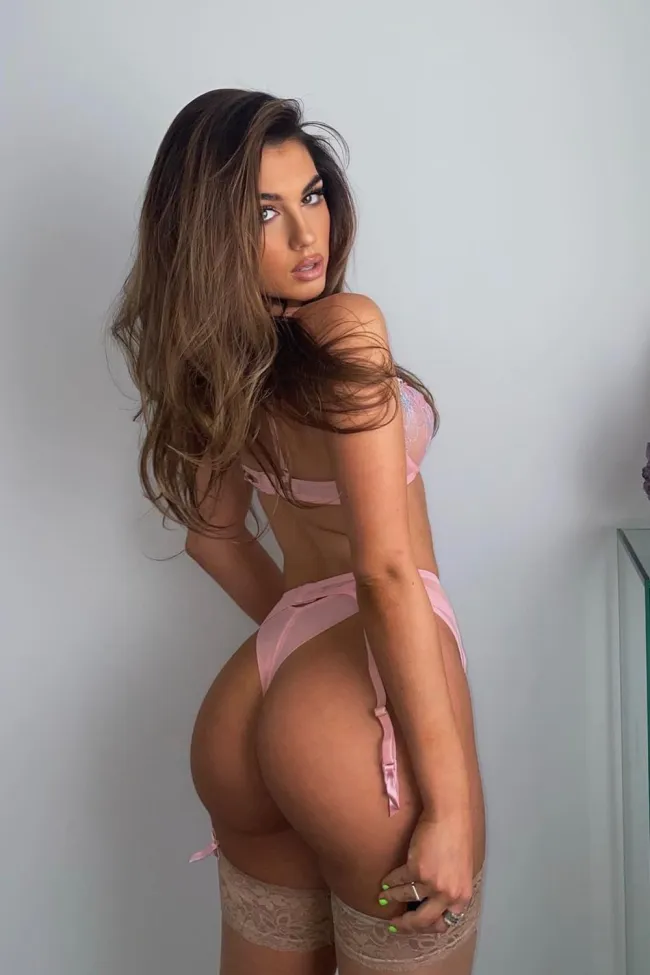





Sustainability has become a cornerstone of the modern fashion ethos. This section explores the burgeoning world of sustainable fashion, from eco-friendly materials to ethical production practices. Brands and designers are embracing innovation, creating garments that are not only stylish but also environmentally conscious. The article showcases pioneering initiatives, such as upcycling, slow fashion, and the use of organic fabrics, that are transforming the industry.











Fashion is for everyone, and the industry is beginning to reflect this ethos. The runway is becoming a space where diversity is celebrated, challenging traditional beauty standards. From size inclusivity to age diversity, this section highlights the trailblazers who are pushing boundaries and redefining what it means to be beautiful. We delve into the stories of models who are making a significant impact by promoting inclusivity on the catwalk.




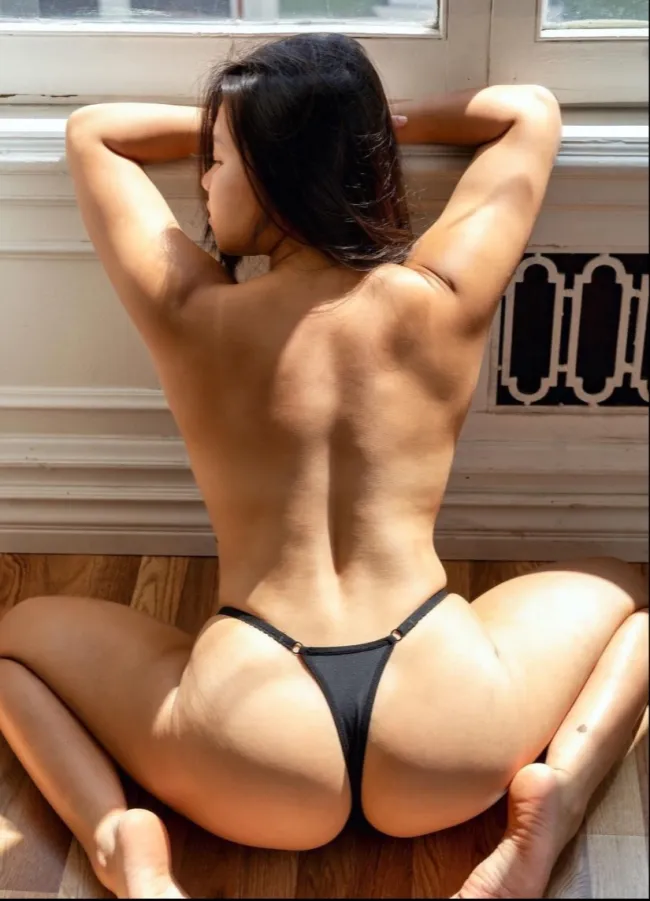


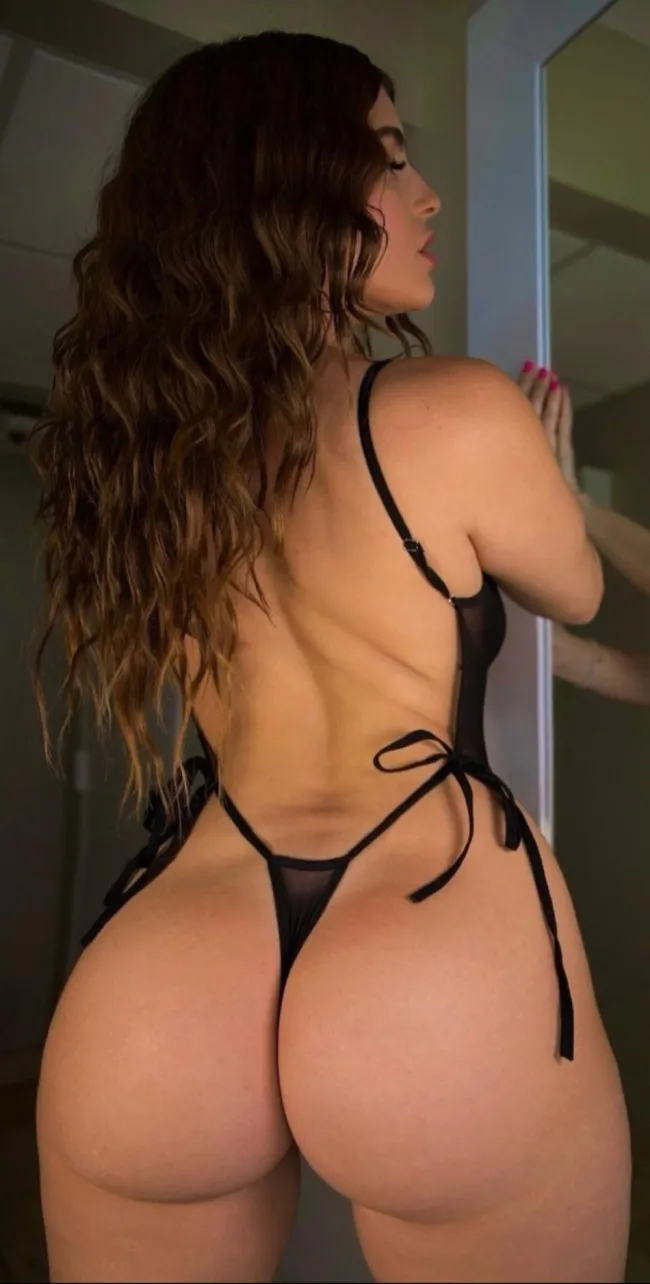
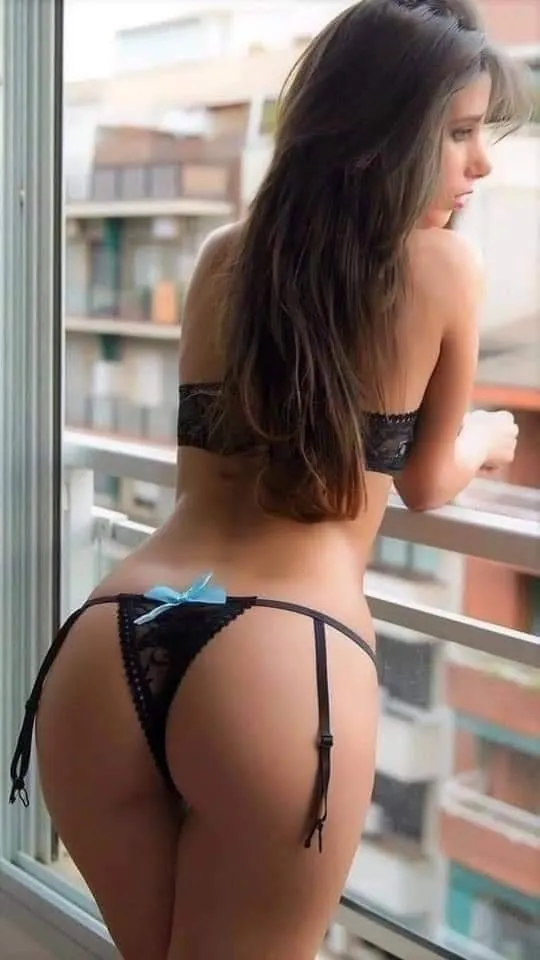




Cultural diversity is a wellspring of inspiration for fashion, enriching designs with a tapestry of influences. This part of the article explores how the industry is embracing and celebrating diverse cultures. From traditional textiles to cultural motifs, designers are incorporating elements from around the globe, fostering cross-cultural appreciation and understanding. Fashion is no longer confined by geographical borders but is a vibrant celebration of the world’s diverse heritage.



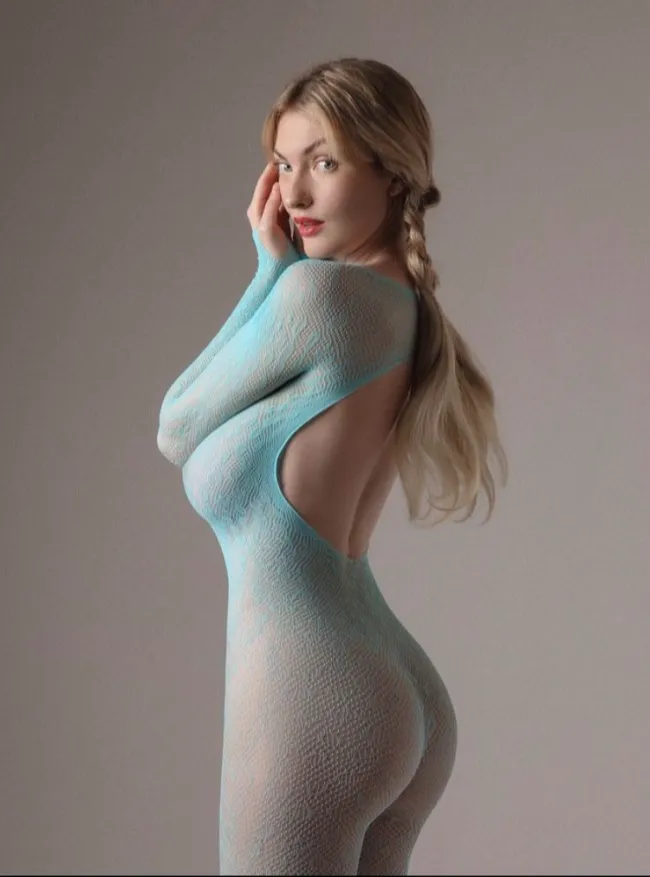









The fashion industry’s move towards transparency in supply chains is a pivotal aspect of the sustainability revolution. This section delves into the importance of ethical practices, examining how brands are adopting transparent supply chains. Consumers are increasingly demanding accountability, and brands that prioritize fair labor practices and transparent sourcing are gaining prominence. By supporting ethically produced fashion, consumers become advocates for positive change within the industry.




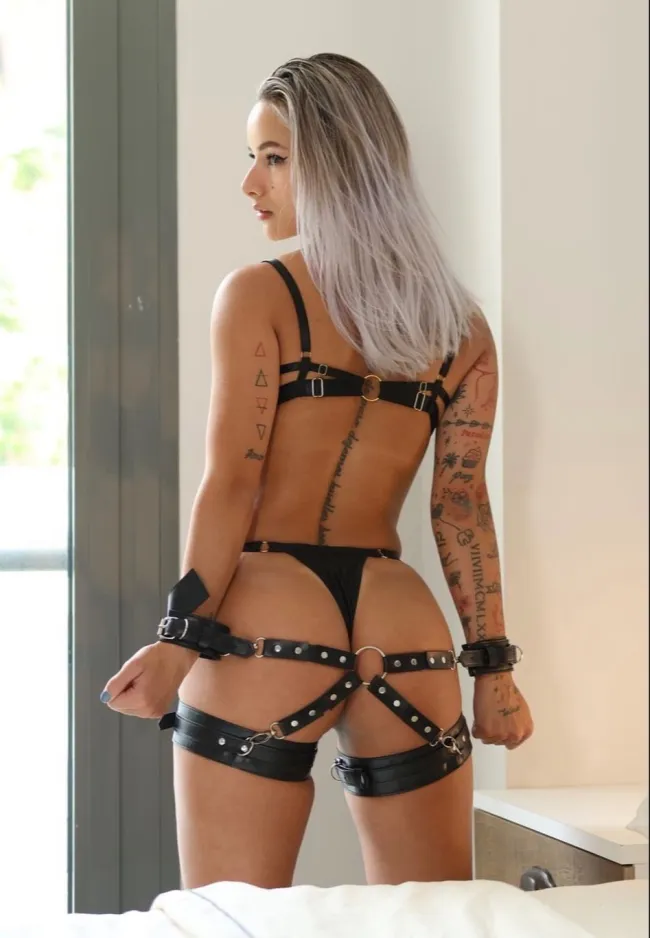







Thrifting has evolved from a budget-friendly option to a lifestyle choice that aligns with sustainability goals. This segment explores the rise of thrift culture, where pre-loved garments find new life in the wardrobes of fashion enthusiasts. Vintage and thrifted fashion not only contribute to sustainable practices but also add a unique flair to personal style. The article showcases how thrifting has become a form of self-expression and a way to curate an individualized wardrobe.








